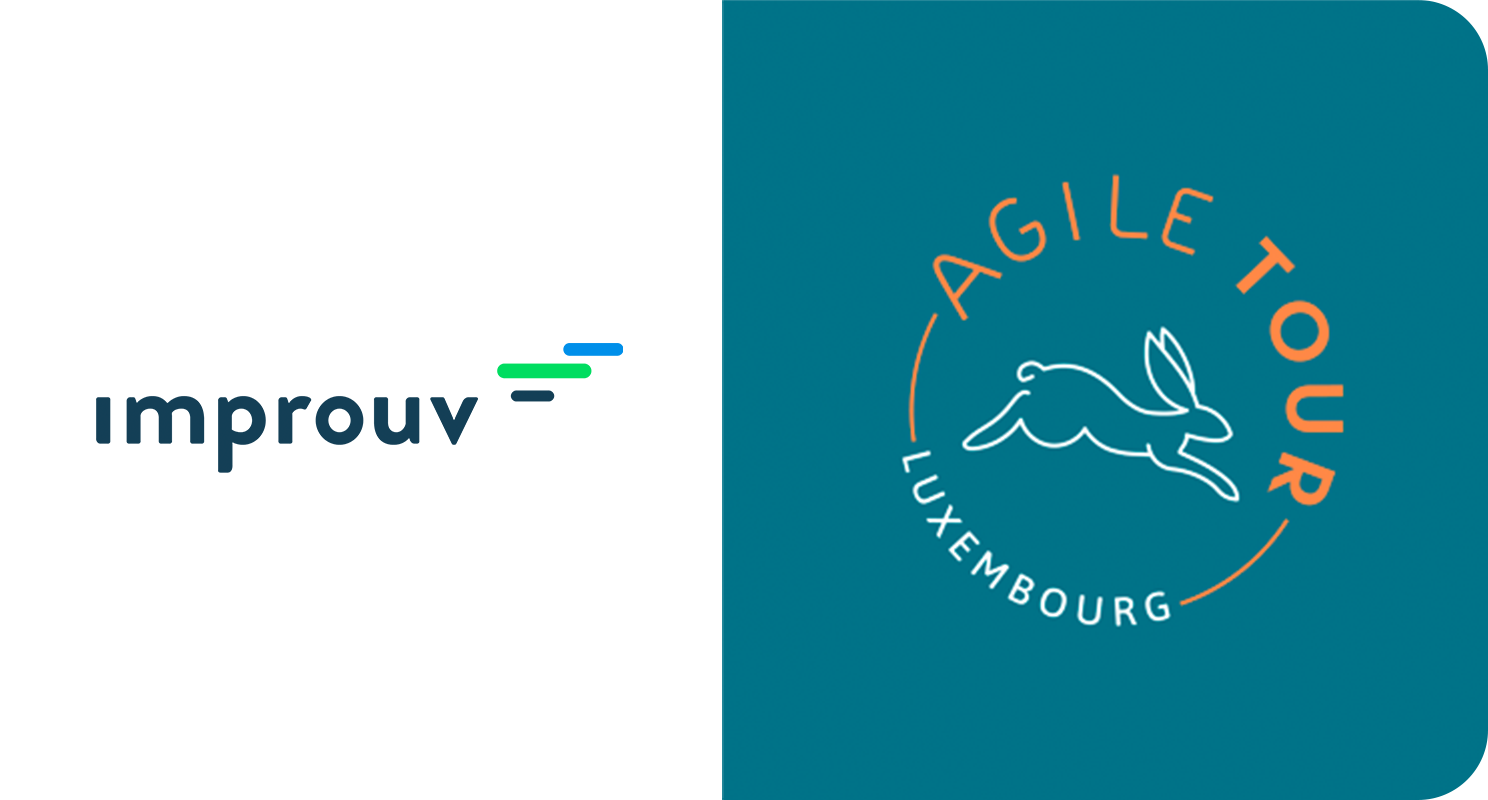The topic Taghi Paksima and I (Stuart Fish) would like to introduce on Tuesday is “Lean Portfolio Management”. It´s an interesting topic for those of us helping organisations move towards business agility. A few years ago, when I joined Improuv, we supported Agile teams who would eventually say “hey, now that we live and love team agility, we´re frustrated that the other teams we interact with are not agile! – we can´t perform to our true potential”. In the past couple of years we have seen a large shift towards scaling agility in organisations. But now we often hear “now that we have teams-of-teams aligning and synchronising towards common goals, we find we are held back by the organisation and budgeting processes that contradict agility at the team level – we can´t perform to our true potential!”. So, while lean and agile principles have helped us form teams-of-agile teams, we need also need to look at agility in the budgeting and portfolio processes so that “agility” is lived at both team and strategic enterprise level. This brings us to Lean Portfolio Management (LPM). LPM is all about finding ways to define and evolve business strategy, strategic OKRs, and the large business and technical initiatives that let us realise our business strategy. And to do this in way that allows us to constantly inspect and adapt our strategy, budgeting and initiatives to continually adapt to changing customer and market needs. An LPM approach at the level of large initiatives (not stories or features) gives a financial and strategy framework that supports agile team-of-teams and agility at the team level. So team agility+program(area/tribe/nexus etc..) agility and portfolio agility gives companies a chance to experience agilty at the whole business level. Unfortunately, much as this seems to make sense, it seems very difficult for companies to shift from traditional yearly project-based portfolio planning to more adaptive Lean/Agile Portfolio Management. We need to coach and inform the people who manage strategy and budgeting.
On Tuesday (14.1.) we shall give an overview of LPM from a Scaled Agile perspective. But what is interesting here is that the approach is basically framework independent. We shall share one approach to LPM, and then we´ll run a little exercise in “participatory budgeting” which is one way that organisations can try to allocate budget across larger initiatives by gathering the opinions of a wider group (e.g. team members, product/program owners, business owners, architects, key customers etc.). In participatory budgeting, more people in an organisation are empowered to participate in the budgeting process – an approach widely used in the public sector to allocate public funds to local government services.
We hope you can join and participate in the discussion.




